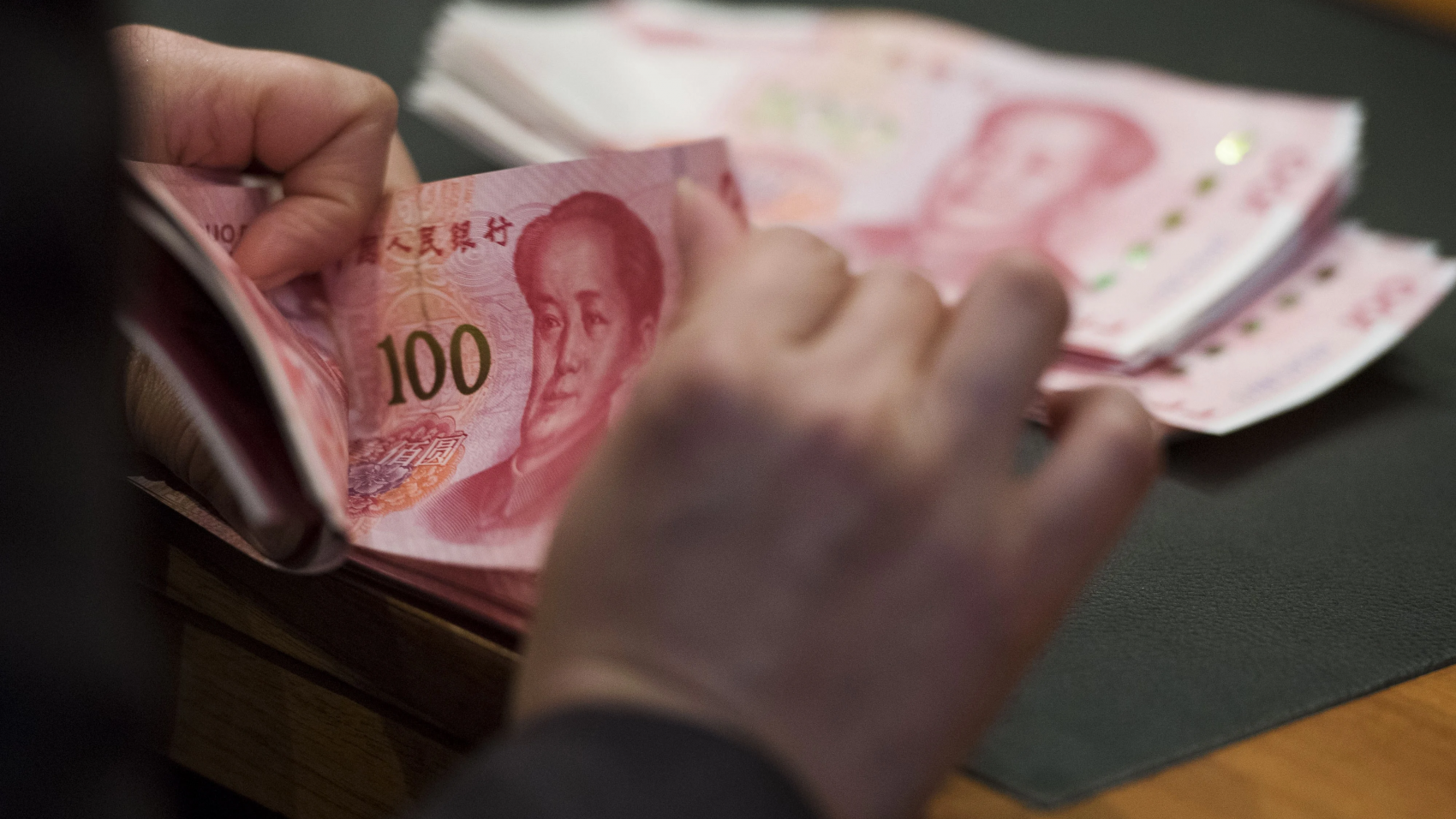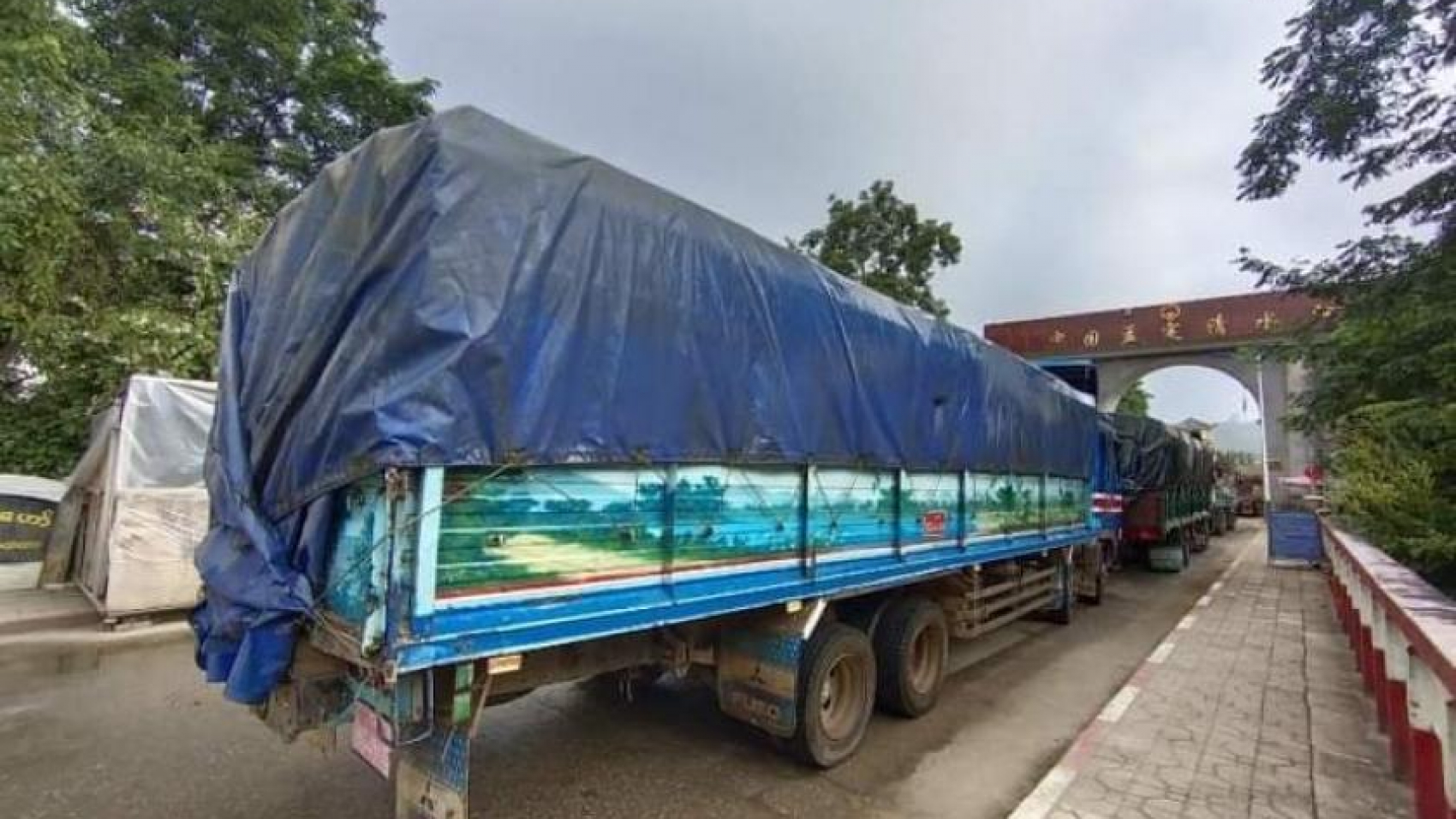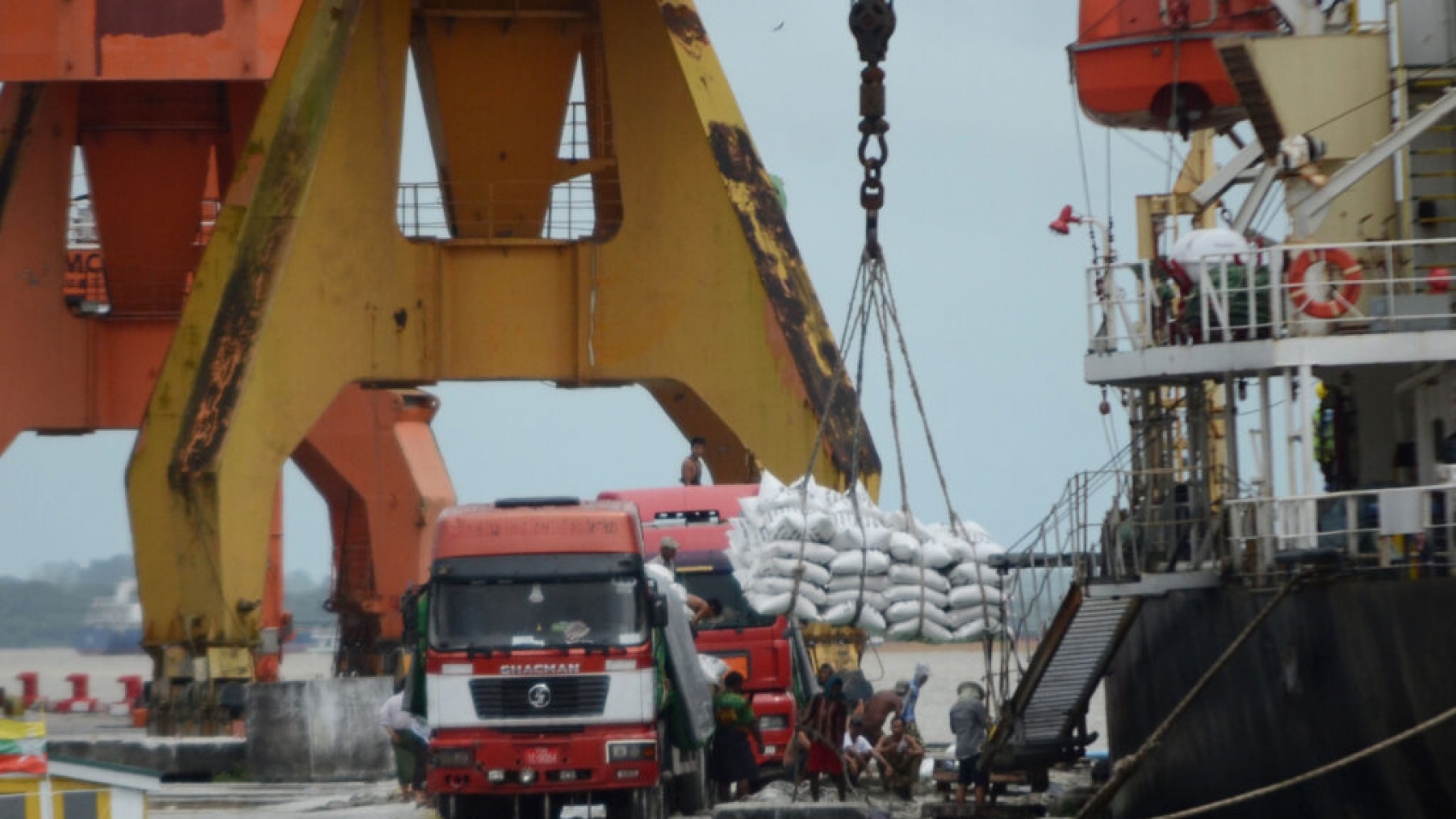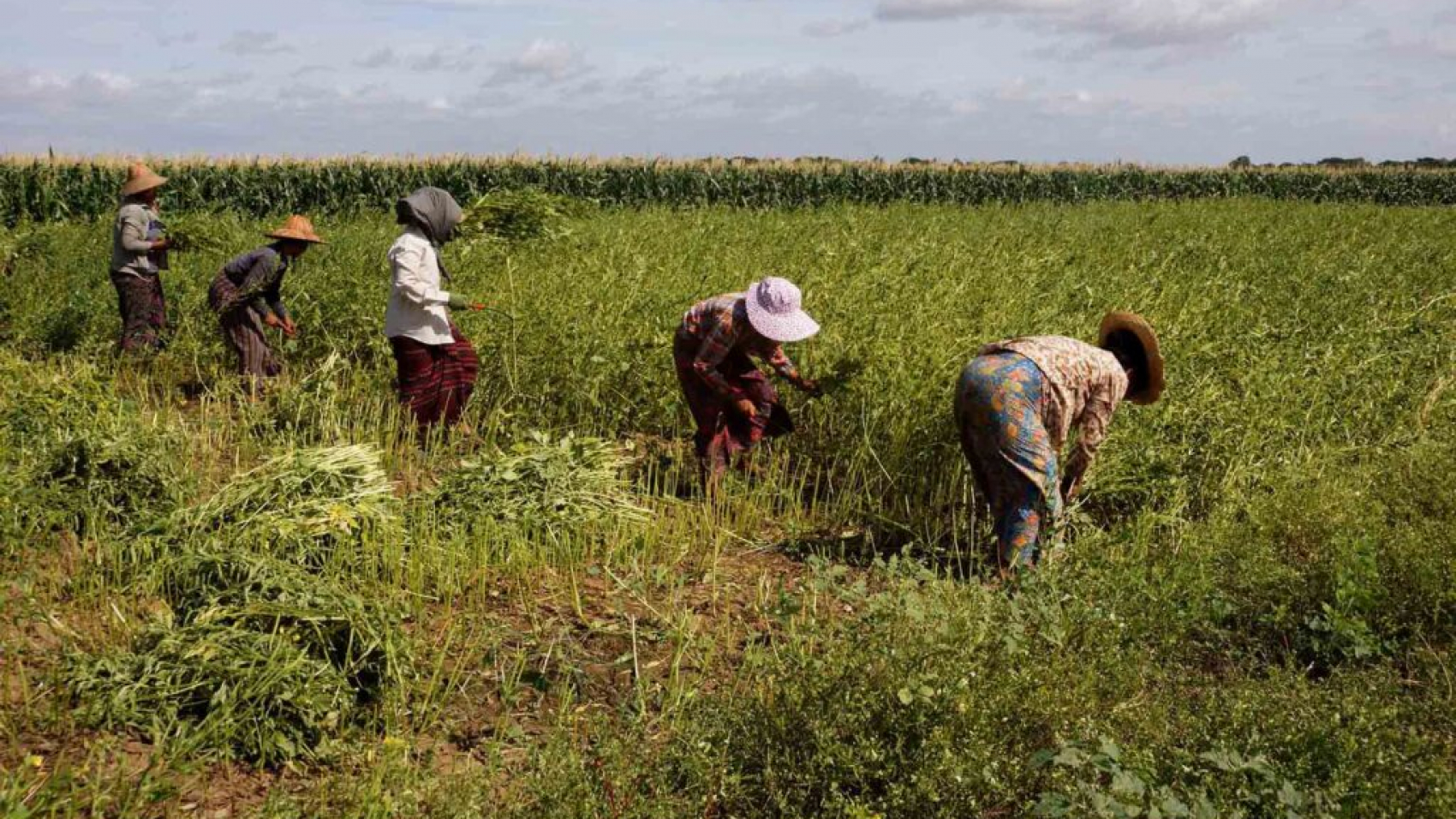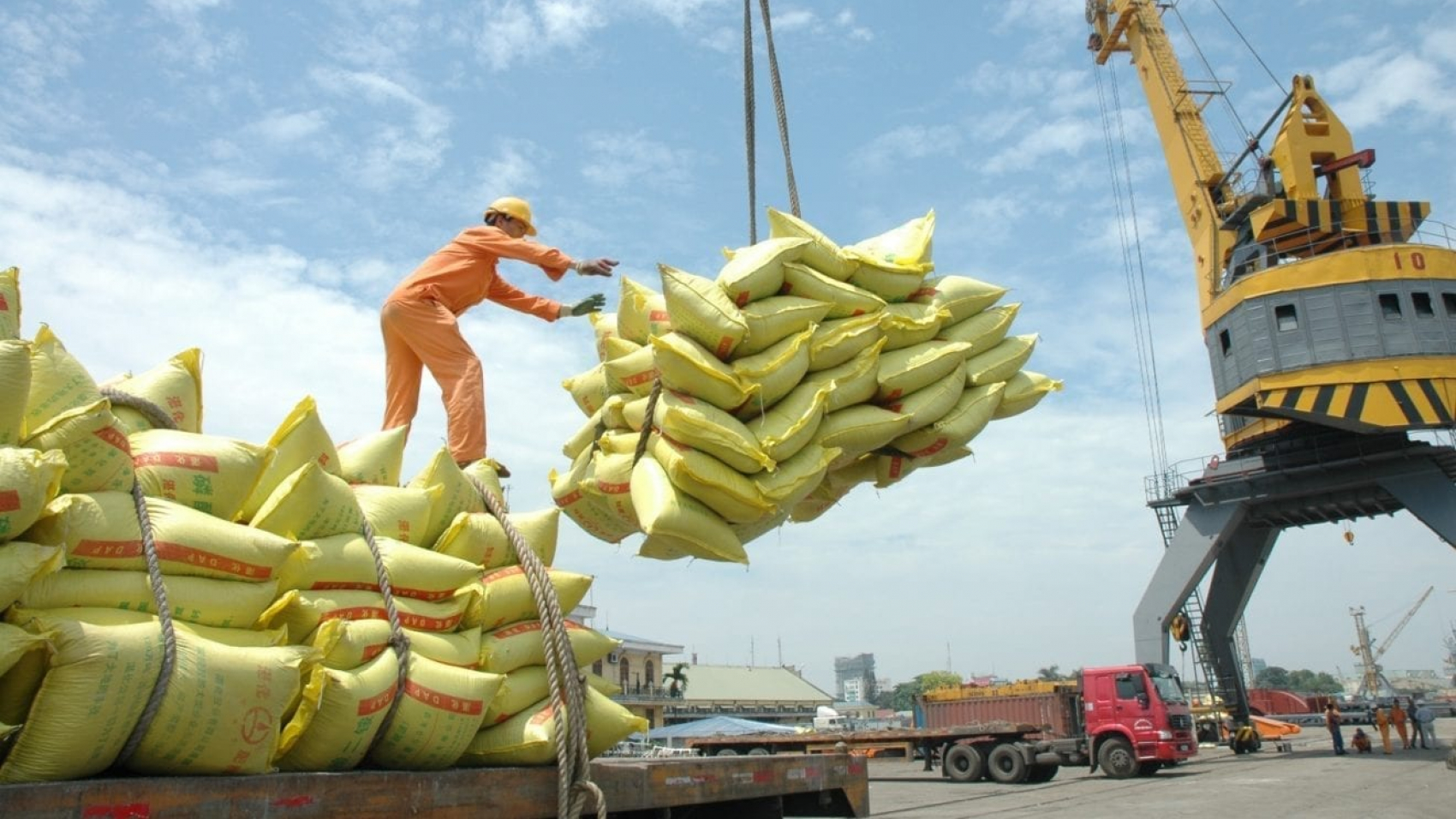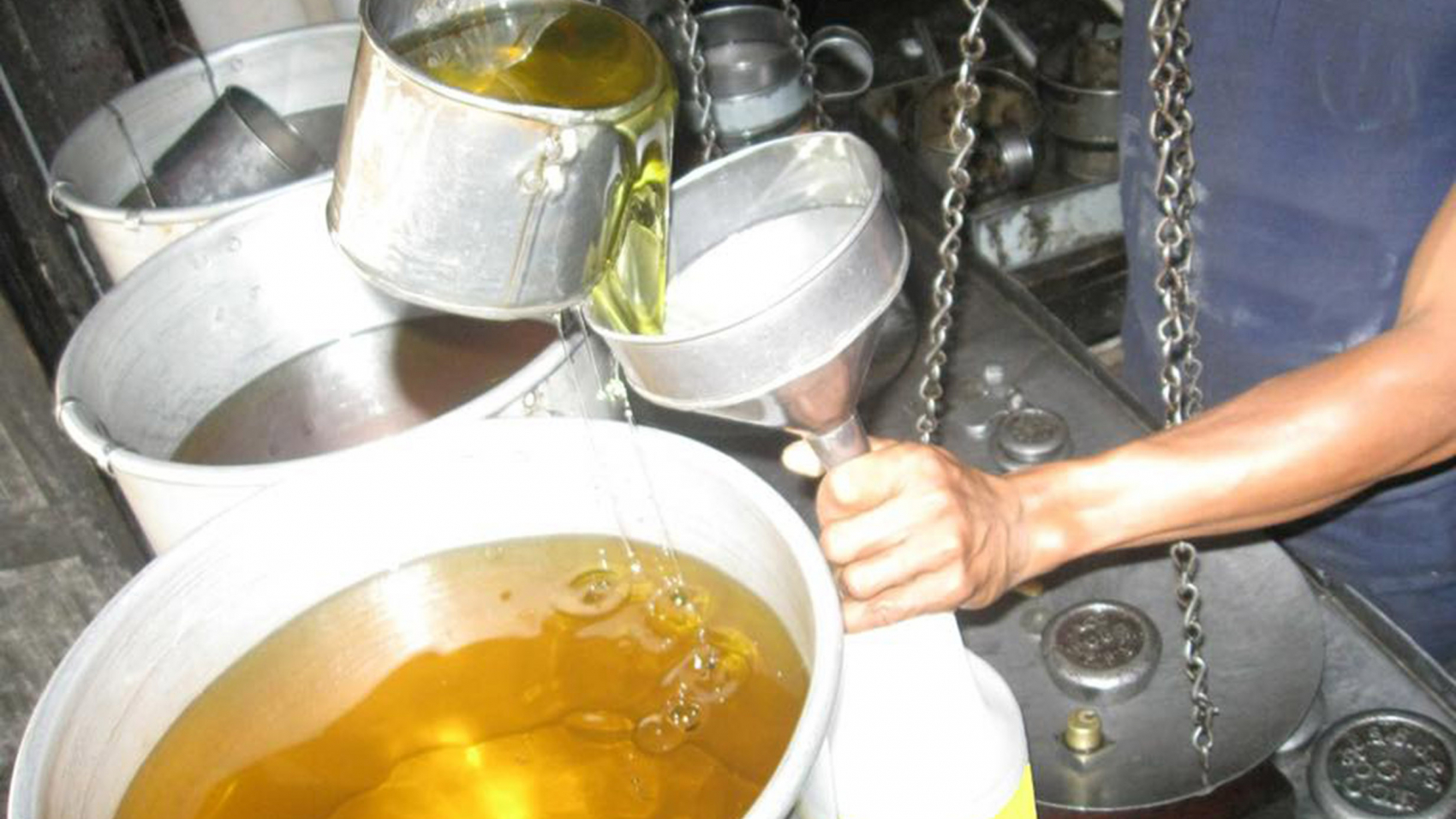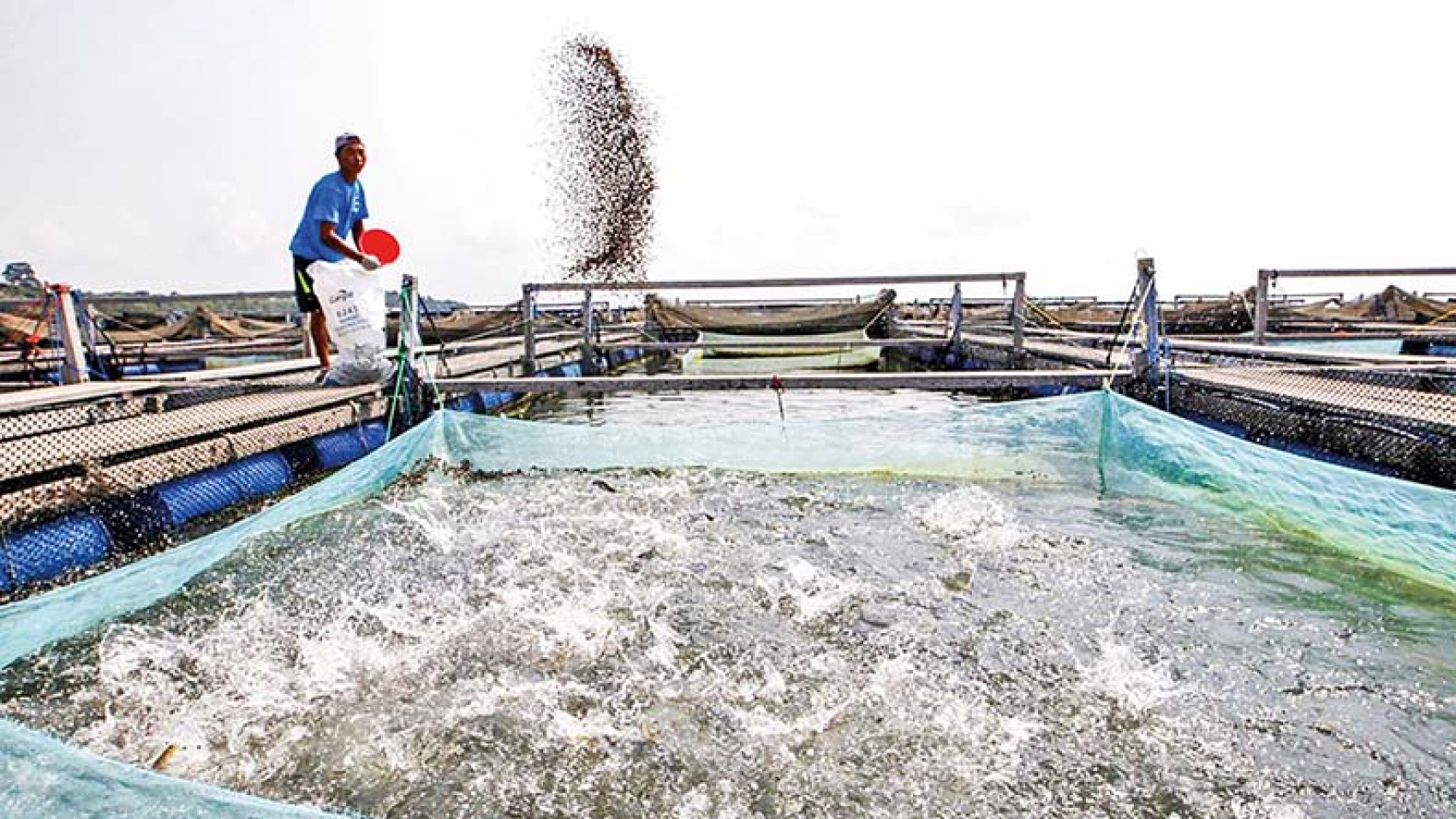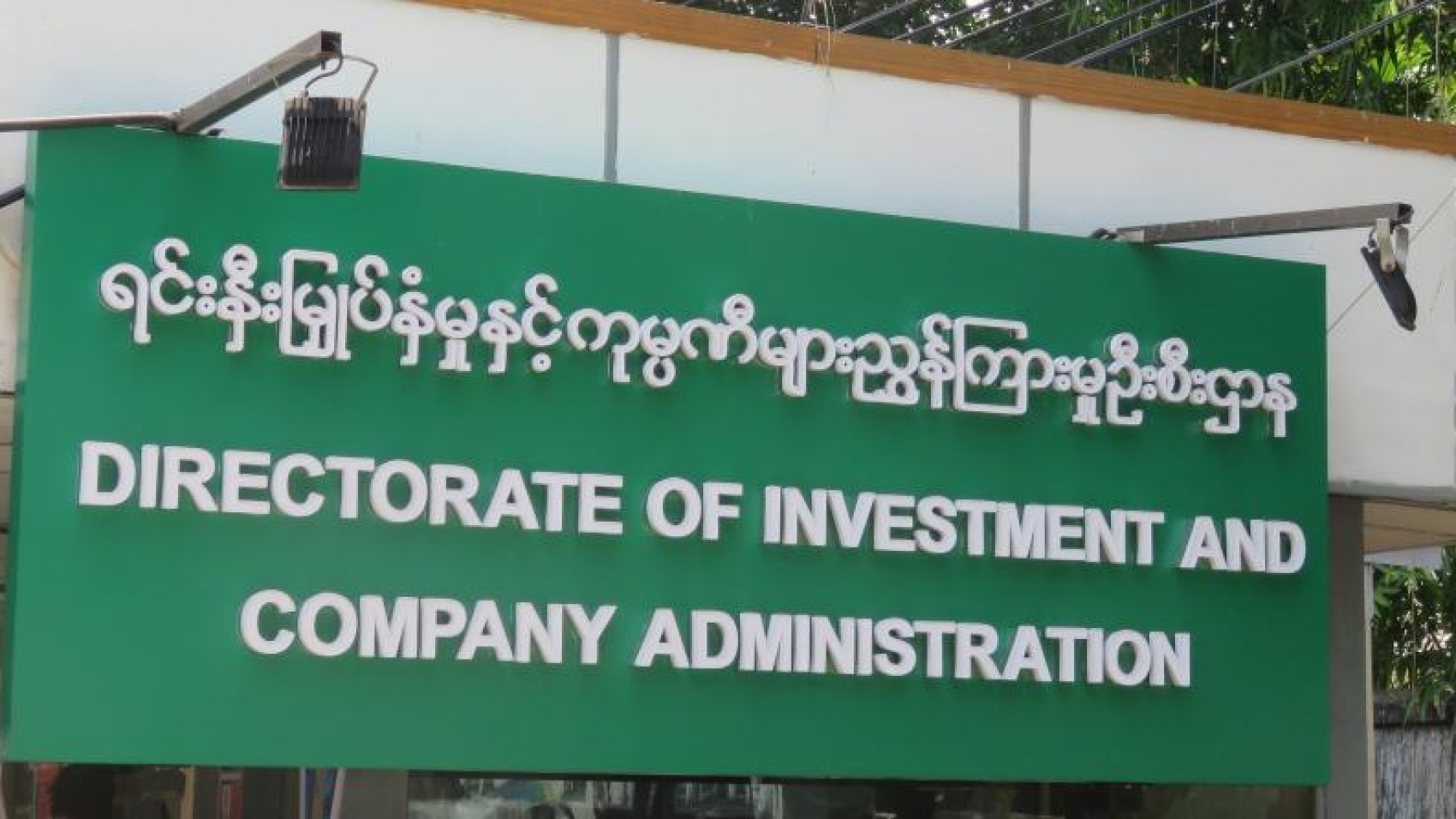More than 60 traders signed a petition on 14 November to call for Yuan transactions in exports through the Muse border between Myanmar and China. Foreign Exchange Supervisory Committee notified the traders of the dollar payment for agricultural exports such as rice, corn, oil crops, beans and pulses, according to a directive dated 30 June. Yet, rice and broken rice exports are proceeding with Yuan at present. Rice and broken rice exports are given green light to proceed with Yuan as before.
However, transactions of rice and broken rice exports are found to be made only in US dollars in cross-border posts like the seaborne trade these days. That is why traders including rice and broken rice dealers signed a petition to request the authority to give the go-ahead for the Yuan payment in Muse border post. “At present, the official letter has not been released yet. The traders request them not to confirm the dollar payment for rice and broken rice in the border trade channel. Those exporters involved in banking, fishery and agricultural sectors joined this petition last Monday (14 Nov),” said a rice trader.
“Rice trade has not been good for two years at the Muse border with China. It has returned to the business at the present moment. If dollars are confirmed as cross-border payments, Muse trade is possibly to come to a halt. Consequently, the cons are expected to outweigh the pros. The traders are therefore begging for opposition to dollar payment,” said a rice trader. On 14 December 2021, the Central Bank of Myanmar released a notification that the use of Yuan or Kyat in the bilateral transaction was officially allowed in the border areas between Myanmar and China to boost bilateral cross-border trade, facilitate trading and bilateral transaction, increase the use of domestic currency in line with the objectives of the ASEAN Financial Integration.
Source: The Global New Light of Myanmar

